RECHARGE World in Words: Sustainability
Another day another RECHARGE Keyword. Discover what we mean by Sustainability within the context of cultural heritage institutions.
What happens when a project ends, when the results are captured, and the value is measured? Sustainability is key to understanding the resonance and resilience of a business plan, and above all its role in the growth of the institution.
The United Nations defined sustainability as ‘meeting the needs of the present without compromising the ability of future generations to meet their own needs.’ It implies careful use of renewable (and especially) non-renewable resources.
Cultural heritage institutions have to consider and balance three nuances in the definition of sustainability, related to three different domains: social sustainability, environmental sustainability and economic sustainability. Within RECHARGE, we advocate for sustainable development, so for a specific kind of growth that addresses and balances all three aspects of sustainability.
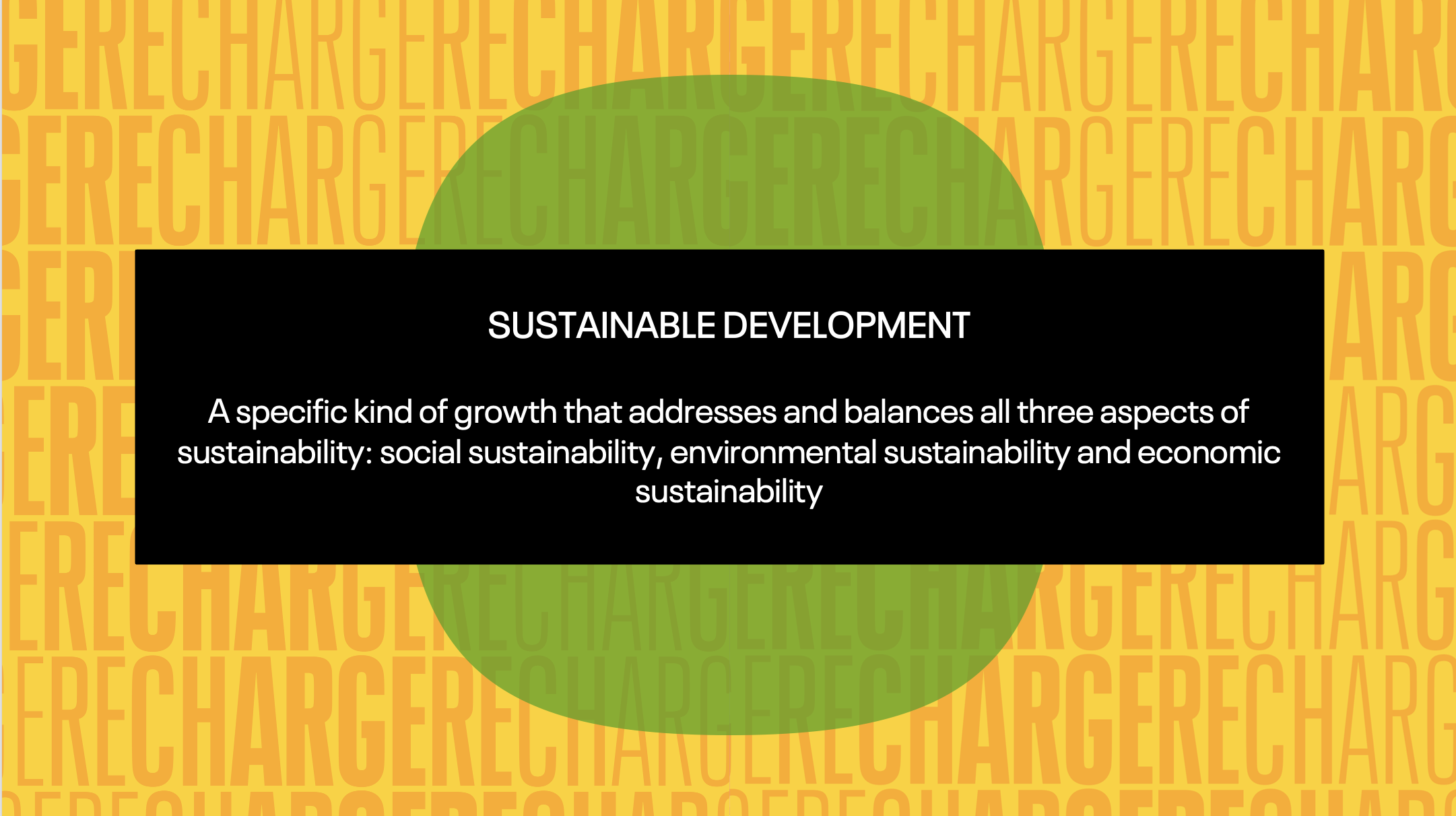
Social sustainability for a CHI includes a proactive way of managing and identifying the impact of business plans and decisions on employees, audiences and communities involved, in any capacity, in the activities of the institution. It’s about human relationships, how to build them and maintain them to construct a more cohesive and inclusive society.
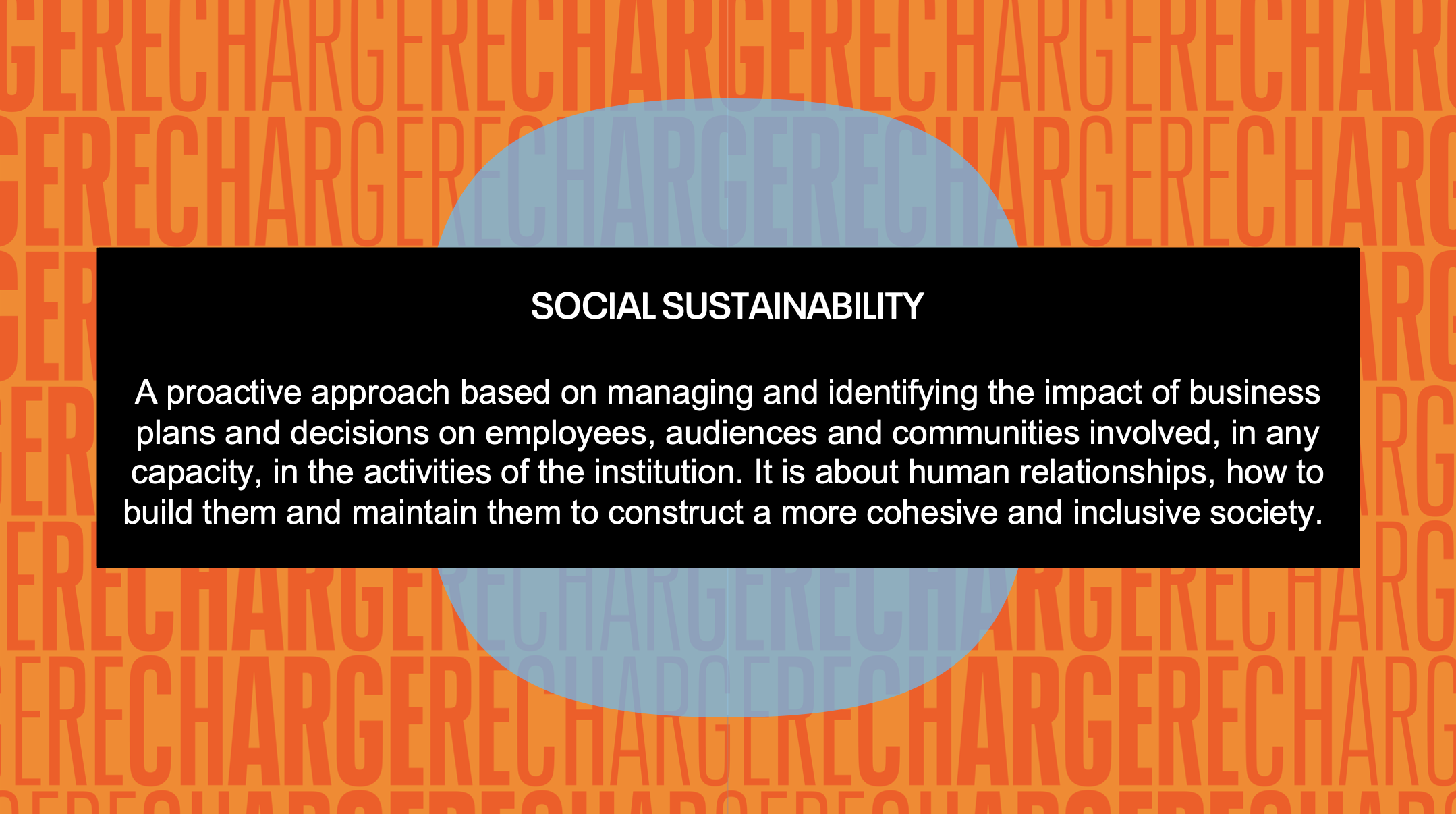
Environmental sustainability requires the ability to develop activities inherent to a business plan while maintaining an ecological balance and conserving natural resources.
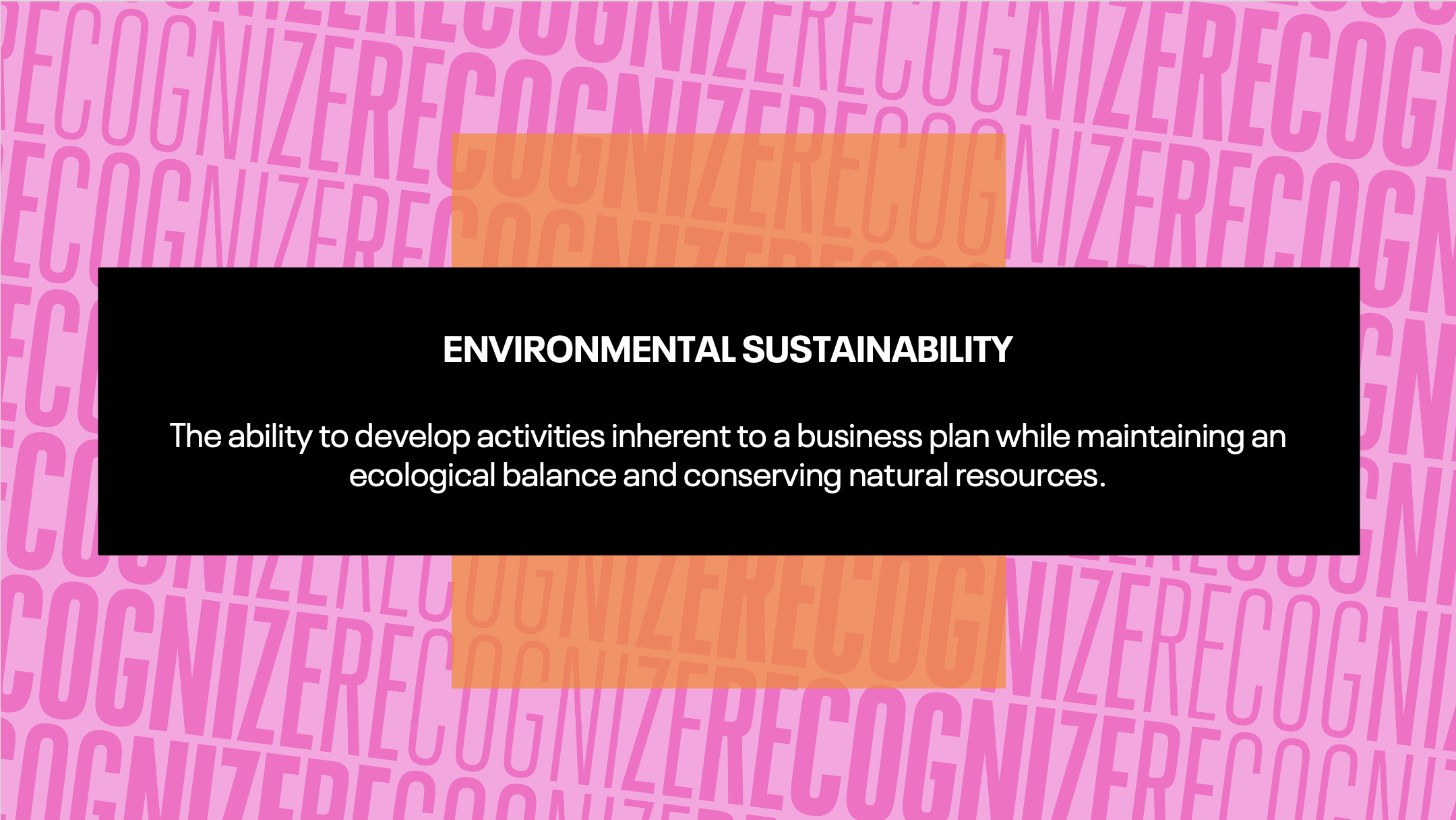
Economic / financial sustainability refers to the financial capacity to maintain or expand the activities linked to the mission of the institution. It takes into account the resources available and the expenses derived from the activity, seeking a proper balance between both, in order to generate revenue and control expenses, while also keeping the quality of what is proposed to the public. This kind of sustainability implies the capacity to face unforeseen difficulties - such as the loss of funds for a programme or fluctuations in private donations. From a long-term perspective, financial sustainability refers to the ability of the institution to foresee the effects of its activities and above all to face or sustain the results of its mission, in order to act quickly and strategize for the future.
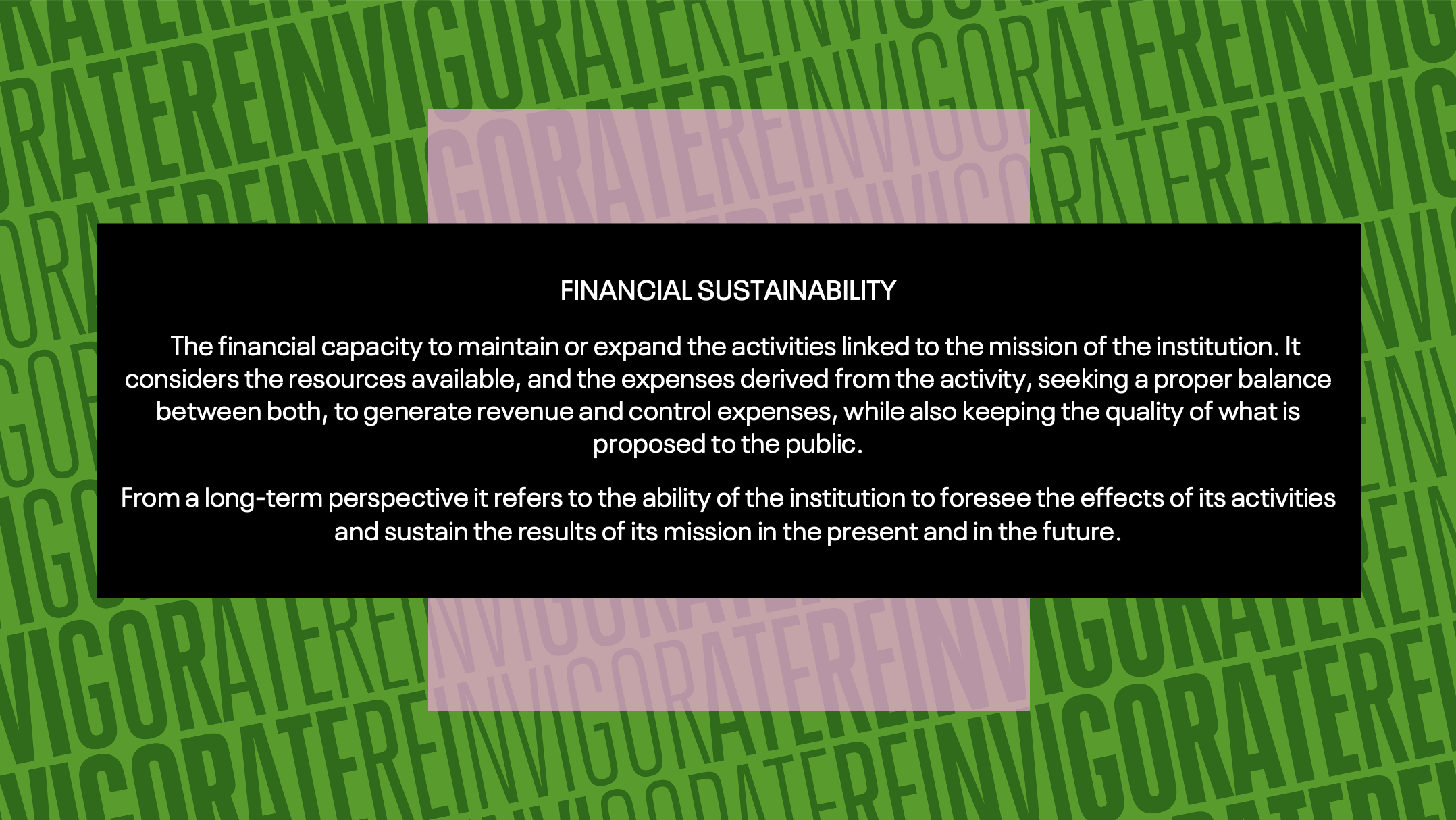
Sustainability leads to growth. In the context of RECHARGE, the growth desired for the CHI sector should be inclusive and green. Growth is not a goal in itself, as we aim to move towards multiple social, environmental and economic goals.
However, things might not always go according to plan. This is why resilience is so important for Cultural heritage institutions. Resilience is the ability of a system, community or society to not only withstand challenges but also recover from the effects and undergo transitions to continue to develop in a sustainable manner.
The business plans developed by the RECHARGE Living Labs are set to empower institutions to be proactive and resilient, to test their activities and promote progress, within the institution but also in society at large.
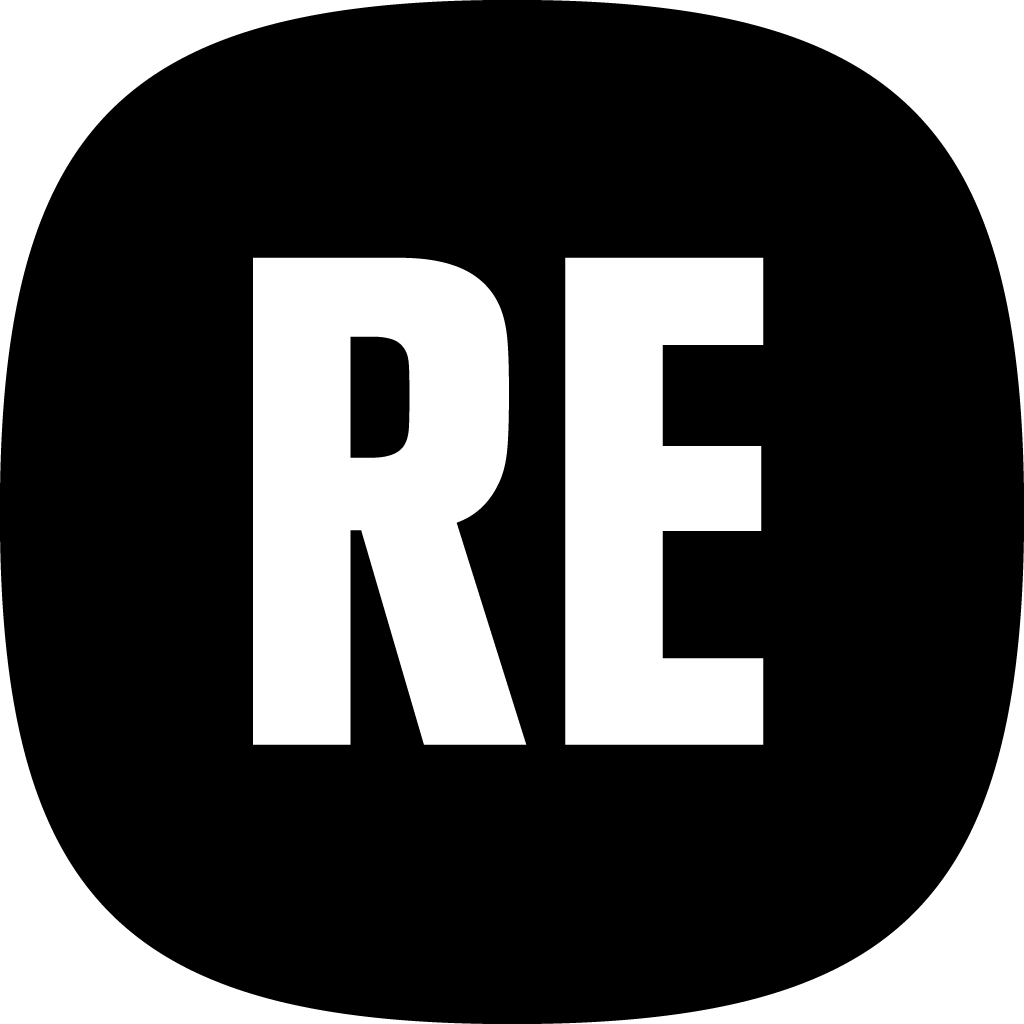
Share